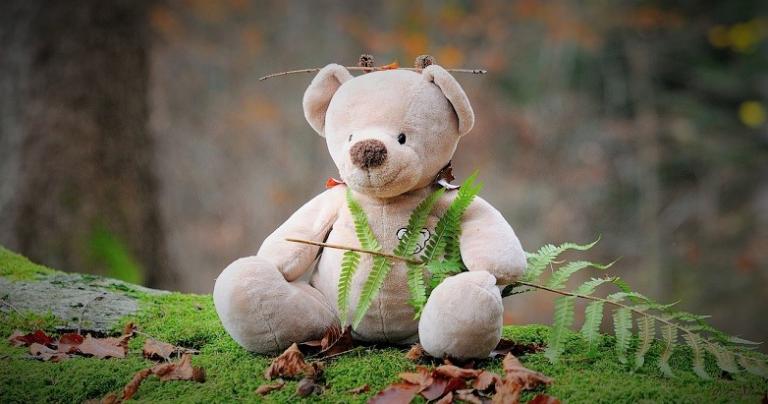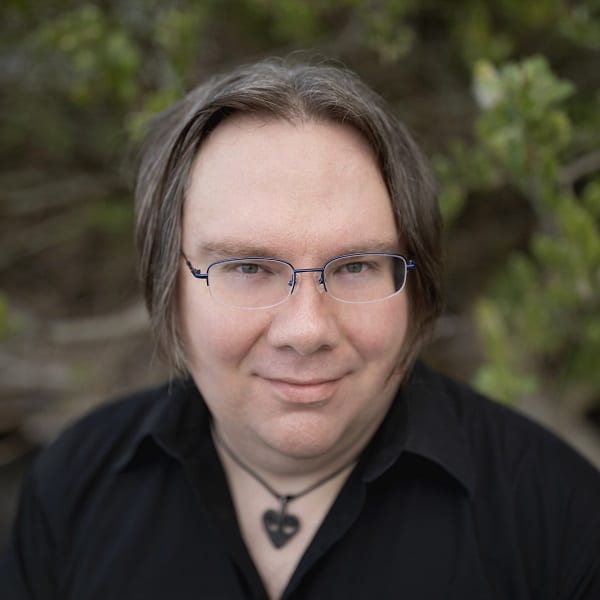Hello, beautiful creatures. Previously on Outside the Charmed Circle, I said a few things about the very real problem of intertwined racism and fascism within Paganism, polytheism, and the occult. I ended that piece by saying that there was a lot more to say on the subject, but that I’d get to it later.
Guess what? It’s later.
In the past few days of conversation around my previous post, I’ve been accused of being a divisive, anti-white, pretend Pagan who’s sowing discord among our communities at a time when we should all be banding together against the depredations of whichever bugaboo the speaker favors1. I’ve seen people complaining that my posts are too biased (aganst fascists and racists? Why, yes, I am!), too mean-spirited (again, guilty as charged), and too political (what, are you new here?). And all of this was because I had the temerity to point out that Paganism has a racism problem, and that this problem has real-world impacts on our communities, and especially on people of color in our communities. (No points for guessing which ethnicity the vast majority of the complainants shared.)
Apparently I struck a nerve. A noxious, boringly predictable nerve.

So, here are a few things I’ve noticed. These are all generalizations, to be sure, but that doesn’t make them untrue. Of course, that doesn’t make them true, either, but if you’re already here, try considering the possibility that they’re common enough that more than one person has observed them. I promise you, I’m not the only one who’s noticed these things.
When the subject of racism in p-word communities comes up, white people tend to respond with shock, defensiveness, denial, and anger. They’ll often be horrified, not by the prospect of their communities being hostile to people of color, but by the accusation of racism. They’ll tend to see any discussion of racism as a personal attack against them, rather than an observation about institutional and cultural power structures. They’ll often insist on defining racism in such a way as to equate it with bigotry and prejudice, rather than viewing it through the lens of “prejudice plus power,” as many anti-racist activists and educators do2.
Meanwhile, the people of color I know tend to respond—if they’re present at all—with weary nods, cautious agreement, and occasionally a marvelously eloquent deadpan expression which best translates as, “Well, duh.”
You’ll note that in the examples I cited, I used phrases like “tend to respond,” “often,” and “people I know.” I’m aware that some of you white folks know people in one or more of these marginalized groups who don’t necessarily respond in the ways I’ve suggested. I see you trot these “friends” out as counterexamples, as “proof” that the trends I’m citing aren’t real. I’m also aware that some of those counterexample folks actually do feel just as dismayed, disgusted, disenchanted, and distressed as the people of color I know. They just don’t share their feelings with you.
Perhaps you could spare a moment to think about why that might be.
Here’s the thing: people of color are part of our communities, part of our traditions and magickal systems, part of our kindreds and paths. My thesis—and since a lot of you don’t seem to have spoken with many p-words of color, I’ll have to ask you to take me at my word here—is that a great many of them feel excluded, unwelcome, disrespected, and oppressed by the racism of those communities.
So, white people in Pagan and polytheist and magical communities, I have a few questions:
- What are you doing to combat that racism in your own community?
- What are you doing to help people of color feel seen, welcomed, respected, and cherished as an integral part of your communities?
- How are you making space for them?
- If you don’t have any answers for these questions, why not?
- And if your response to all of this is to be shocked, defensive, dismissive, or angry, why is that?
One final thought: I know, dear readers, that some of you are be limbering up to complain that I’m getting political again, that I’m not writing about Paganism, that religion is personal, that I shouldn’t talk about stuff like this. I’ve heard all these complaints before and, sorry-not-sorry, I just don’t care. So, howzabout you do all of us a favor and just get your own blog? You can go there and complain about what a big ol’ meaniehead I am, and show us what real Paganism looks like. I even wrote a whole blog post to help you get started!
Or, alternately, you could think about the things I’ve said and the questions I asked, and work to make our Pagan, polytheist, magical practitioner communities better places for everyone.
Until next time, dear ones, it’s your call. ♥
- Interestingly, many of these folks are terrified of Antifa, branding them as “radical leftist liberals”—betraying a lack of understanding of both leftist thought and liberalism—whilst giving implicit (or explicit) support to Trump and his literal fascist agenda. Hm. Curious.
- The rhetorical tactic of equating racism with prejudice and denying the role of privilege and institutional power is commonly used by white people—who are overwhelmingly the beneficiaries of racist privilege—to distance themselves from the Very Bad Special Sin of Racism. “After all,” this line of thinking seems to run, “if people of color can be racist, is white people being racist against people of color really all that bad?” In other words, it’s just another way white people try to run away from their responsibility for racism. It’s boring, it’s gross, and if the comments section on my posts lately are anything to go on, it’s depressingly common.

















